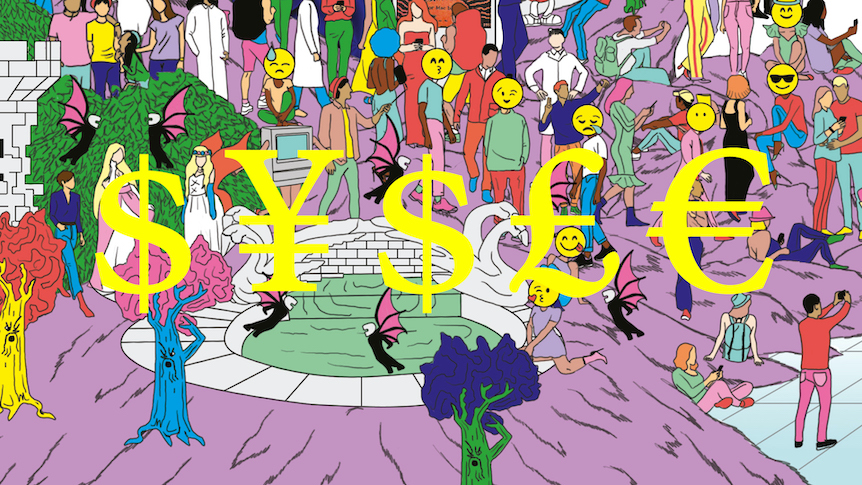Curating and Money
Online Course on Contemporary Curating
Curating and Money
Lecturer: Martin Fritz
Course dates: 20 November + 27 November 2021, 2–6pm (CET)
Enrol until 13 November 2021:
https://www.curating.org/curating-and-money/
This course talks about money. The economics of living and working as a curator is as varied as the possible positions in the field. While some enjoy the security of public service in public institutions, others are part of a “gig economy” or run modest or prosperous private businesses, such as galleries or art dealerships. We will start with a basic introduction to the various legal modes (employed/self-employed) of curatorial work. Then we will look at the economic realities, and we will discuss fees, salaries, and prices for services. Participants will be introduced to the basics of the tax system and basic accounting principles. A key section of the course will be devoted to developing a personal budget for a year to come – complete with income and expenses.
Martin Fritz studied law in Vienna from 1981 to 1986. Since then, he has worked in the field of contemporary art production in Vienna, New York, and Germany. Among many other assignments, he has worked as Director of Operations for the re-opening of PS1 Contemporary Art Centre (today: MoMA PS1) in New York; Managing Director of In Between – The Art Project of EXPO 2000 in Hanover; General Coordinator of Manifesta 4 – European Biennial of Contemporary Art in Frankfurt am Main; and as Director of the Festival der Regionen in Upper Austria. From 2001 to 2007, he was a member of the Board of the International Foundation Manifesta. As a writer, consultant, and researcher, Martin Fritz specializes in site-specific art, institutional critique, arts administration, cultural policy, and institutional governance. From 2016 to 2020, Martin Fritz headed Merz Akademie Hochschule für Gestaltung, Kunst und Medien, Stuttgart as its Rector.

